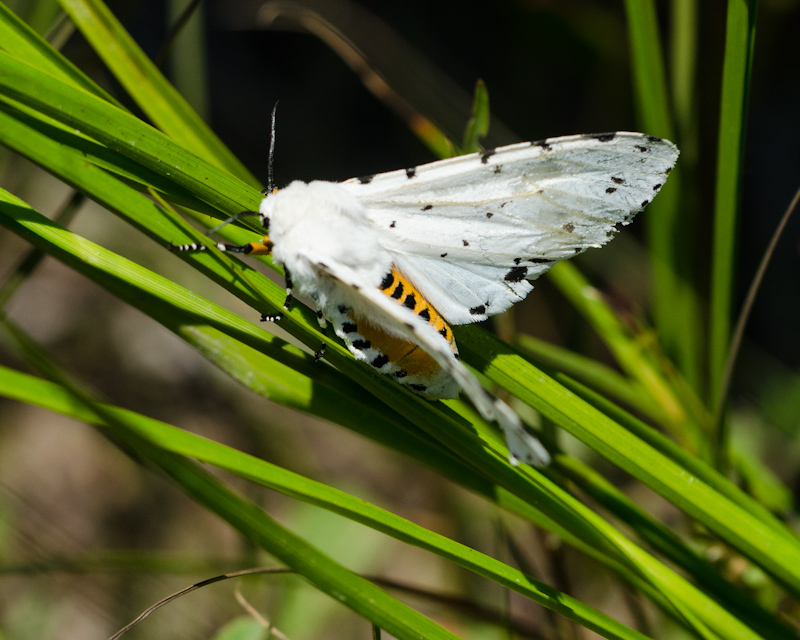Texas Parks and Wildlife Department
Landowner Incentive Program (LIP)
The Landowner Incentive Program (LIP) is a voluntary conservation program administrated by Texas Parks and Wildlife Department and funded through the US Fish and Wildlife Service (USFWS) Partners for Fish and Wildlife Program, National Fish and Wildlife Foundation, and others. LIP provides financial assistance to landowners who wish to implement conservation practices, particularly for activities benefiting rare or at-risk species and valuable riparian areas and watersheds.
LIP is a reimbursement program. Landowners will receive payment upon completion of the planned practices and submission of valid invoices. LIP funds cover a portion of the cost of project implementation. Landowners are expected to contribute a minimum percentage in the form of in-kind labor, materials, monetary funds, etc.
Funding occurs in two series with different focus areas:
Statewide LIP funding
- Highest priority is given to the Trans Pecos and Edwards Plateau Ecoregions, projects with direct benefits to federally listed or candidate species. Special consideration is given to projects that provide indirect benefit to federally listed or candidate species, but provide direct benefit to native resident and migratory wildlife species.
- Projects directly benefiting at-risk species can apply for up to 75% cost share with a limit of $40,000. Projects indirectly benefiting at-risk species require 50% landowner contribution and have a $25,000 funding cap.
LIP Watershed funding
- Funding specifically for the Llano, Pedernales, and James River Watersheds of central Texas. Target property is specifically in the riparian and uplands of the Llano River Watershed and Pedernales River Watershed.
- The ultimate goal of the funding series is improvement of habitat for the Texas state fish, the Guadalupe Bass.
Getting Started:
- The first step is to work with a local wildlife biologist to assess whether your project and goals are a good candidate for the LIP program. The wildlife biologist will assist in developing a project pre-proposal and will submit the pre-proposal to the funding committee.
- The most competitive proposals are those that impact targeted watersheds and rare or at-risk species, have long-term protection and monitoring, and landowner contribution over the minimum requirement.
Find your local TPWD wildlife biologists at:



